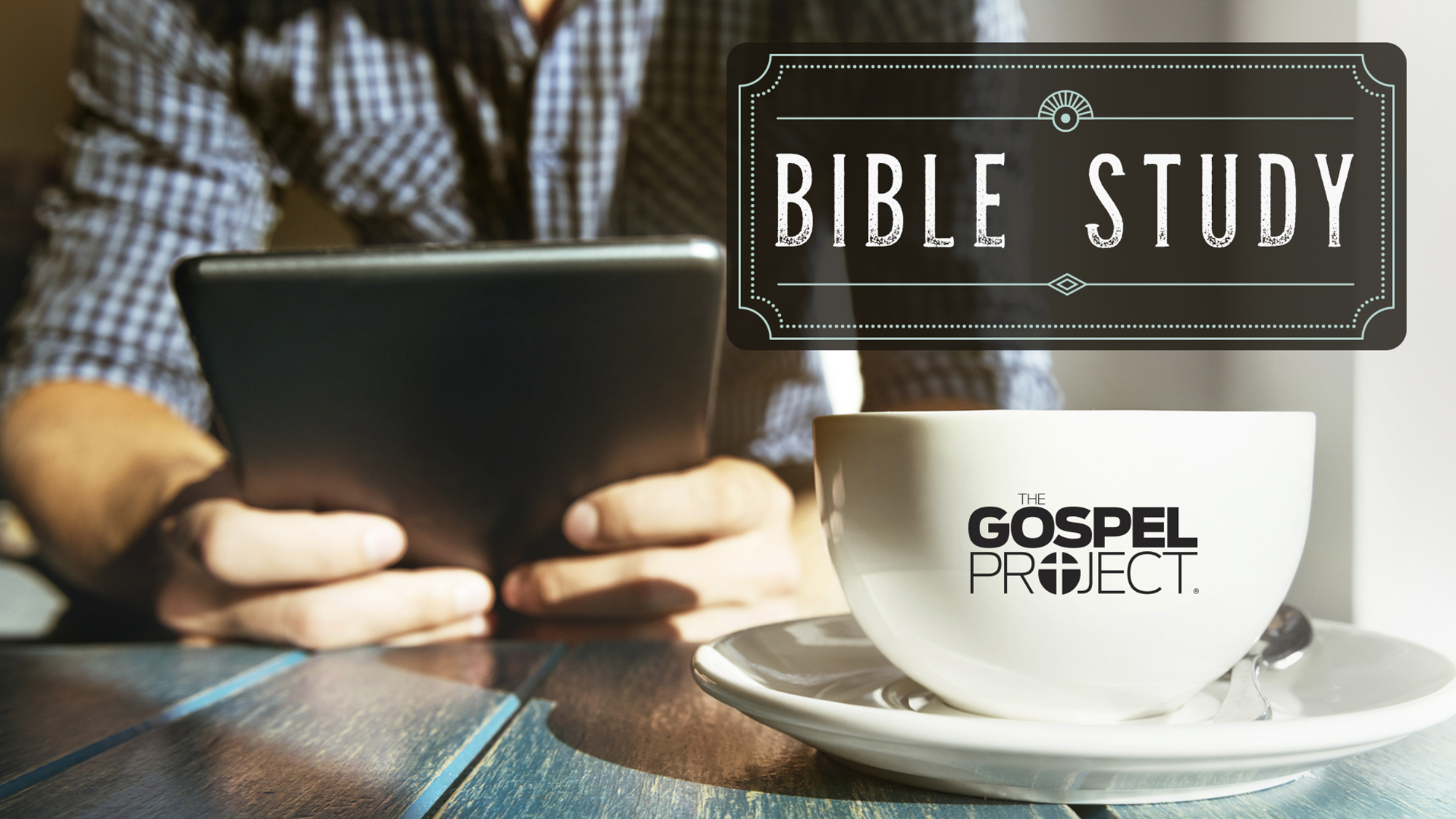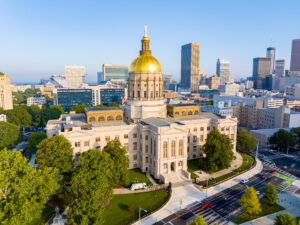
TALLAHASSEE, Fla. (BP)–Despite a late, mysterious surge that carried a gambling initiative to victory, legal challenges could forestall the onslaught of slot machines in Miami and Fort Lauderdale.
After trailing by a narrow deficit for two days after the Nov. 2 election, a constitutional amendment to permit slots in Miami-Dade and Broward county pari-mutuel facilities experienced a sudden reversal. Amendment 4 bolted to a 93,000-vote victory after being behind by 6,000 to 10,000 votes.
As certified by state election officials, the outcome was 3,609,754 in favor and 3,516,415 against, a margin of 50.7 to 49.3 percent.
If Amendment 4 stands, residents of Broward and neighboring Miami-Dade will hold referendums on whether to place slots at seven racetracks and jai alai venues.
Paul Seago, executive director of No Casinos, Inc., said the group is consulting its attorneys to consider options before a Nov. 15 deadline to challenge the results.
“It certainly is an interesting coincidence that Miami-Dade and Broward counties count absentees after the deadline and suddenly find a 90,000 vote swing in their favor,” said the Orlando-based political action committee’s head.
At one point Nov. 3, the vote was so close that it was rated a statistical dead heat, with the opposition’s margin less than 50.1 percent of the total. The final 1.4 percent difference in proponents’ favor was crucial, since an automatic recount applies if a vote passes by 0.5 percent or less, Seago said.
In its Nov. 5 editions, the Orlando Sentinel reported that No Casinos chairman, state Rep. Randy Johnson, sought a recount but was turned down by local and state election officials.
“Is it a coincidence this happens in a place most affected by the proposal and where there is the greatest preponderance of support?” Johnson asked.
Seago agreed the flood of absentees from Broward County that accounted for most of the reversal looks suspicious.
A south Florida TV station reported Nov. 3 that a computer glitch had left 78,000 absentee votes uncounted, with 74,000 winding up in the “yes” column.
WPLG reported Broward County’s software wasn’t geared to count more than 32,000 votes in a precinct, leading to a massive undercount.
Instead of passing by 166,000 votes in Broward County, Amendment 4 passed by 240,000 votes, the station reported.
“It’s just a little strange and represents a statistical anomaly,” Seago said of the 94-6 percent split in the undercount. “It seems odd at the 13th hour you could find a block of votes that are that varied.”
In addition to No Casinos’ possible legal challenge, the director of an anti-greyhound racing group also is contemplating a lawsuit.
Carey Theil of Grey2K USA said the Boston-based, national nonprofit already has challenged the petition process that put the question on the ballot and may file a second lawsuit regarding the count.
Filed in September, the first suit alleges Amendment 4 was placed before voters in a fraudulent manner. A hearing in the case is tentatively scheduled for January.
Along with the Humane Society and Floridians Against Expanded Gambling, Grey2K claims there were numerous irregularities in the petitions filed to place the measure on the ballot.
For example, Theil said the names of about two dozen dead people were included in the list of approved signatures.
In a follow-up telephone survey of 5,000 people who allegedly signed the petition, 68 percent denied they had done so, Theil said.
Bill Bunkley, the legislative consultant for the Florida Baptist Convention, also believes the irregularities in Broward County provide grounds to contest the election.
“The No Casino folks probably need to file suit immediately because of the admission that the software couldn’t count more than 32,000 votes,” said Bunkley, a Tampa-based independent lobbyist.
“Because of the inability of election officials to properly tabulate the results originally, I hope they would be forthcoming about how those results were finally tabulated,” Bunkley added.
Despite this unexpected turn of events, the executive director of the National Coalition Against Legalized Gambling maintains that opponents have achieved a “tipping point” in the fight against gambling.
Even if gamblers win in Florida, opponents still will have prevailed in five of seven states in recent elections, Tom Grey said.
“Twelve years ago when I started, governors were cutting ribbons and people were welcoming it in,” Grey said. “Gambling can’t go anywhere now without a fight. That’s a victory.”
The former minister said the opposition in Florida was hurt by the four hurricanes that struck the state in August and September. Grey called the unusual phenomenon a “perfect storm” for gamblers.
Not only did the hurricanes delay the onset of campaigns to defeat the initiative, Grey said, but churches were so occupied with disaster relief efforts they had little time left to give the anti-gambling effort.
“Can I fault churches for ignoring it?” Grey said. “No. They did what was possible at that point in history.”
Grey2K was one of the most active groups against Amendment 4, distributing 240,000 flyers over three weeks and placing 300,000 recorded calls to residents.
Theil also accompanied Grey on a six-day, seven-city tour to speak at mobilization meetings where information packets were distributed.
“I think we fought a good campaign, but at the end of the day the dog tracks spent upwards of $20 million on very deceptive advertising,” said Theil, who said owners of a greyhound track and a jai alai venue provided most of the financial muscle. “No Casinos raised $250,000 and the animal protest community about $250,000.”
Ironically, the largest amount spent to fight Amendment 4 came from the Seminole Tribe of Indians, which owns several casinos in Florida. According to the Sentinel, the group spent $5.6 million in the two weeks before the Nov. 2 election.
“We felt we had to protect the assets of the Seminole Tribe, which we’ve been doing since the days before Columbus,” Max Osceola, a Seminole Tribe councilman, told the newspaper.
If the Amendment 4 vote stands, the director of No Casinos thinks it will represent a key turning point in its 26-year-long battle.
Even though they won’t have the full range of casino games available, Seago said gambling interests will settle for slot machines because they generate 70 to 90 percent of casino revenues.
Once slots are in south Florida, a couple years later betting parlors in neighboring Palm Beach County will be clamoring for them, followed by those in central Florida, he said.
“I think you’ll see the hue and cry to have them in other parts of the state will be overwhelming,” Seago said.
–30–














